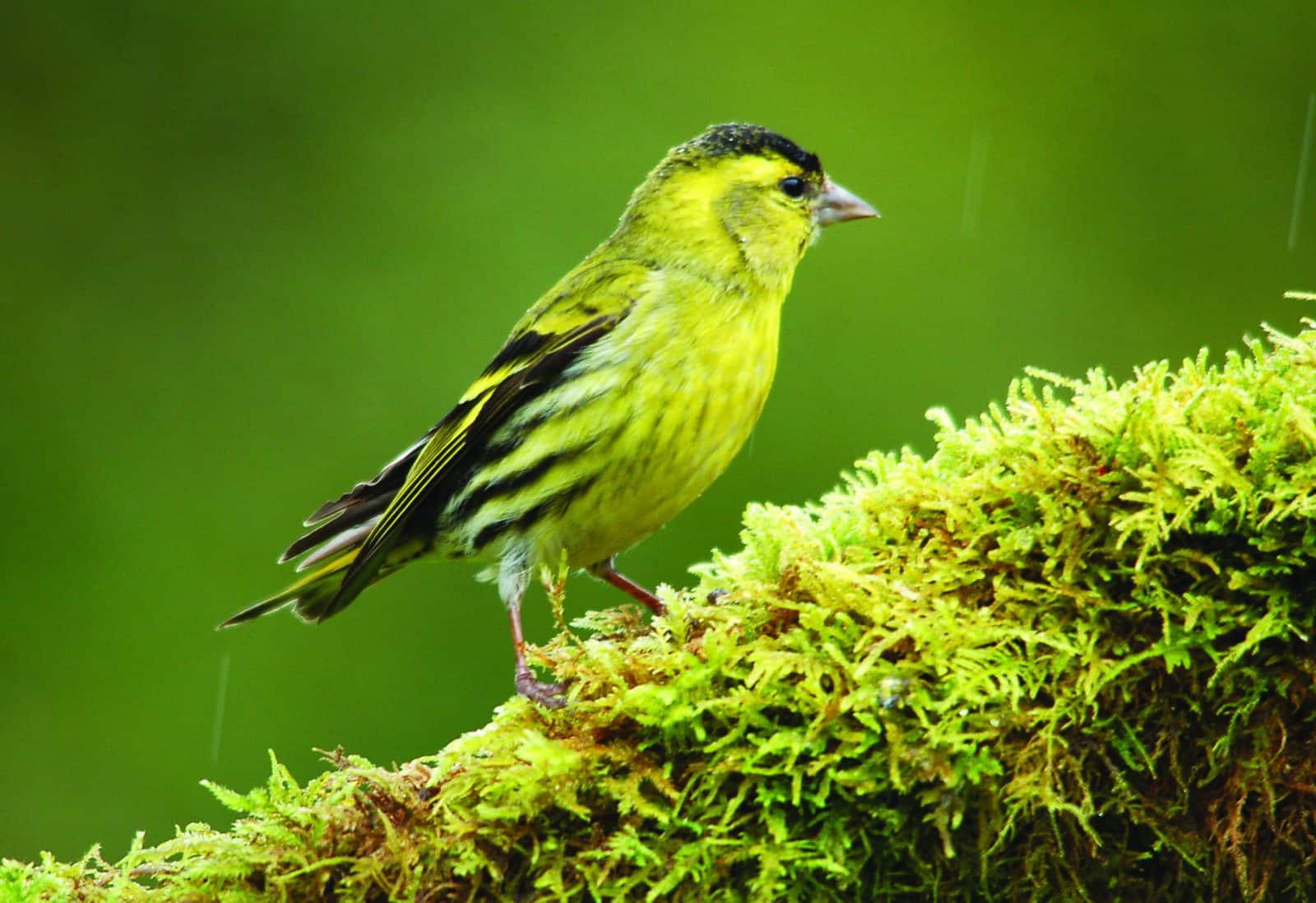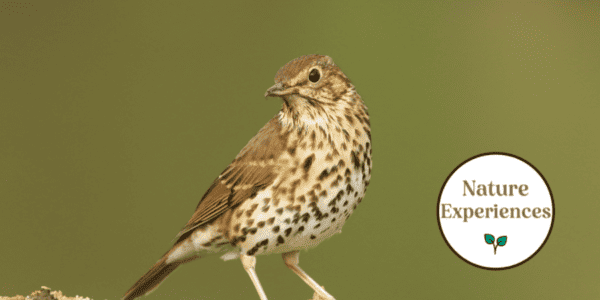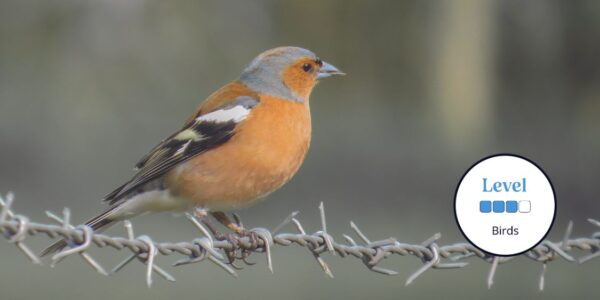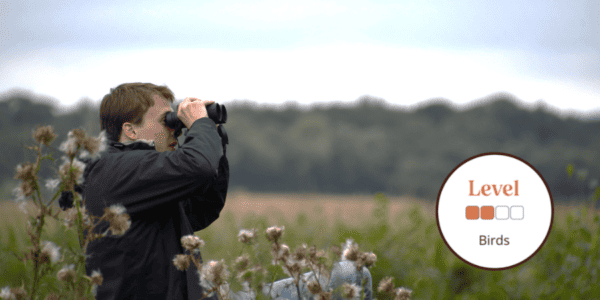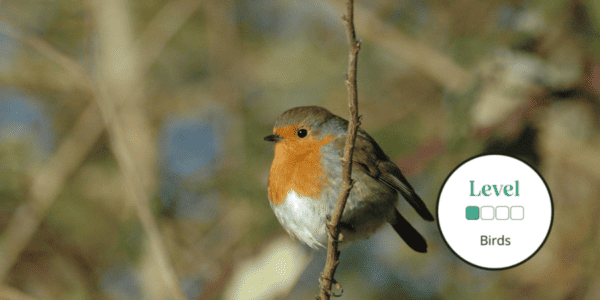This beginner course will guide you in getting to grips with practical bird watching field skills. Including how to choose and use binoculars, how to start learning bird songs and calls, and how to give yourself the best chance of spotting the birds in the first place!
There will be some classroom based sessions covering the basics of bird anatomy, classification, ethics and observational skills before heading out into the field to practice spotting and identifying some of the varied birdlife found in the landscapes around your course location.
What will be covered during this course?
- Introduction to the basic craft and techniques of bird watching
- How to use a field guide
- How to use binoculars
- Introduction to common bird families
- Field practice
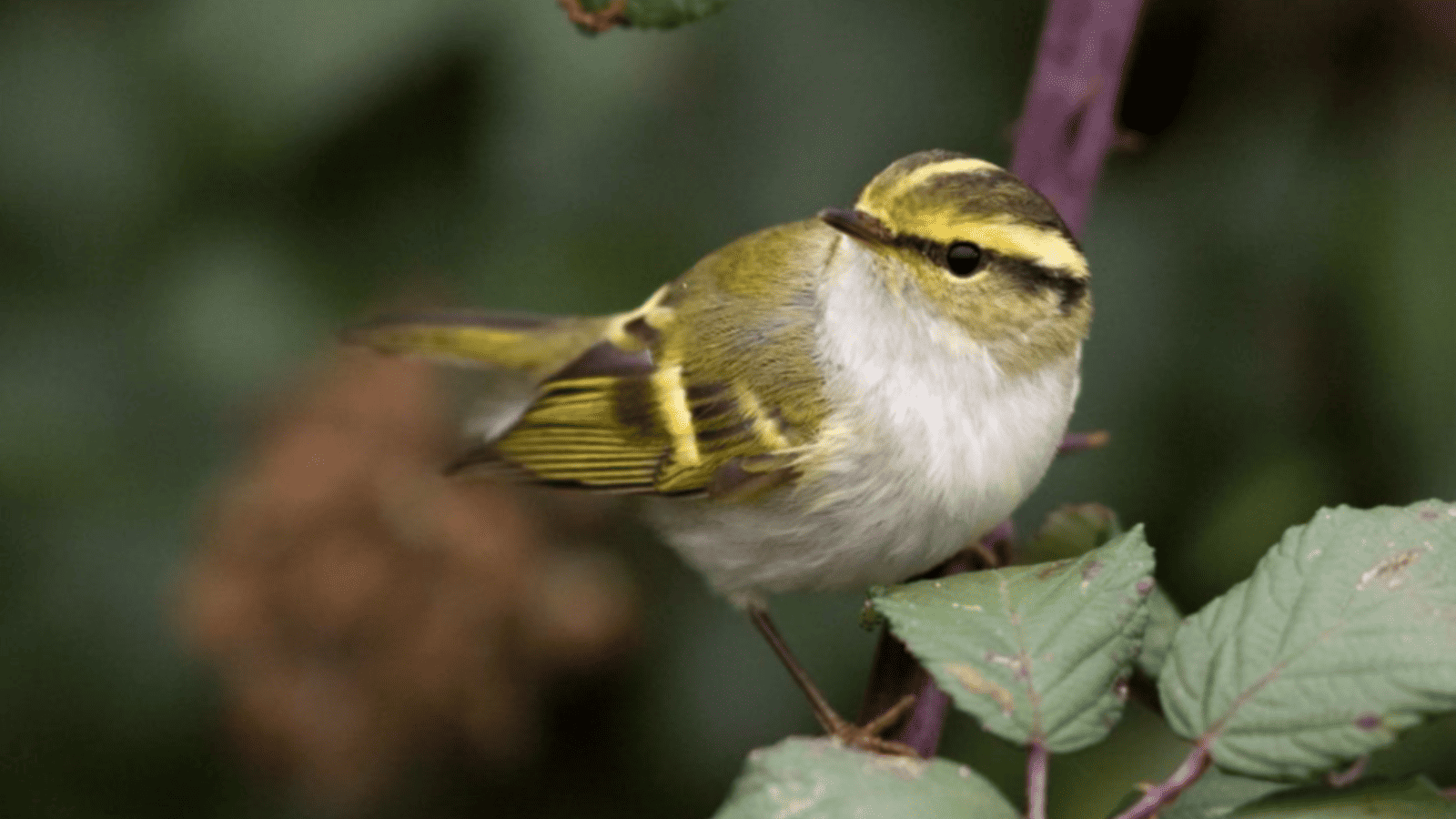
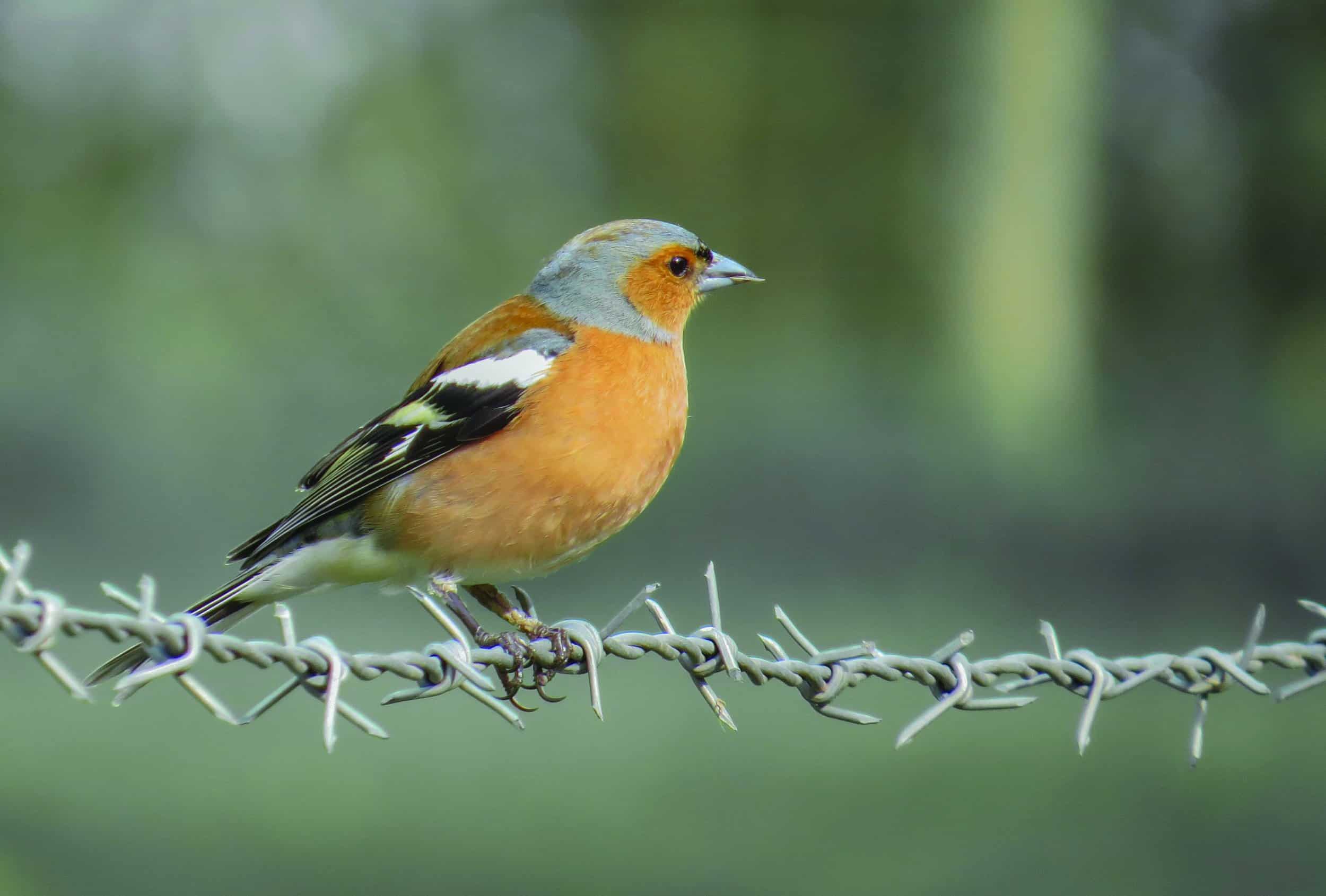
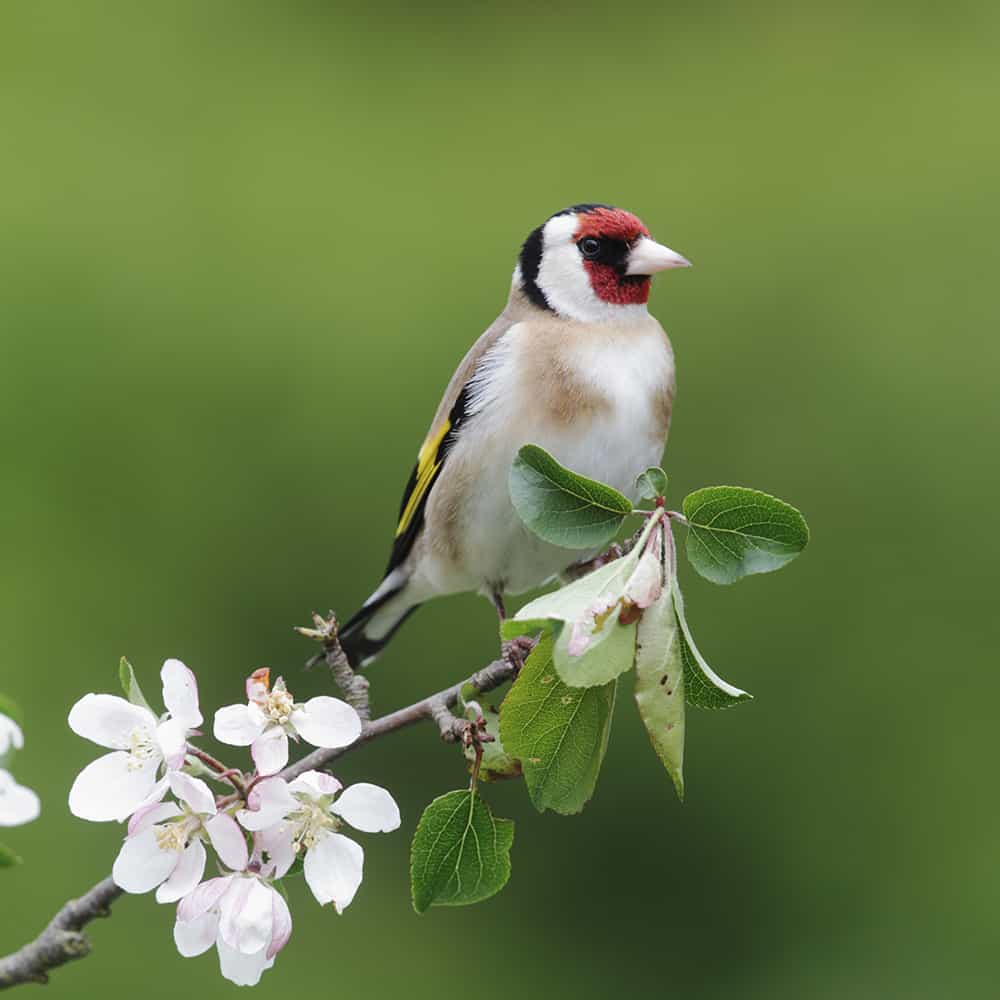
Read More
By the end of the course, you will be able to:
- Use basic identification guides and binoculars with some confidence
- Knowledge of main bird groups and how to identify some of the commoner bird species in the field
- Practice listening to and identifying common/distinctive species by sound
- Share this knowledge with friends, family, and fellow volunteers
This course is next in the series of our Birds framework and is a perfect progression from our Field Ecology of Garden Birds.
This course is for anyone who is starting out on their journey into identifying birds and those wishing to build on an existing basic foundation.
Who Should Attend? – Nature enthusiasts, students, rangers, early career ecologists, amateur birdwatchers.
Knowledge Level – Beginner. Level descriptors can be found on the following web-page: Framework and Course Level Descriptors
Prior Knowledge – No prior knowledge is required.
PLEASE NOTE: the course fee is for tuition only. There is no accommodation or refreshments provided with this course.
Bookings will close if course capacity is reached.
If we are unable reach viable numbers for this course, we will inform you of the course cancellation 4 weeks prior to the course run. We would recommend when purchasing accommodation and/or travel you should take out your own insurance.
Please email [email protected] if you have any questions.
About the Tutor
This course is delivered by more than one expert tutor. Your tutor will depend on the location of the course you book.
Sandy Hill
Sandy Hill worked for the Field Studies Council over a decade, teaching at 9 centres in England and Wales. Having recently retired, he’s now exploring more of Pembrokeshire as a keen birder and enthusiastic natural historian. However, he is happiest when able to share his knowledge and love of the environment.
Chris Ford
Chris Ford has worked in environmental education for 15 years, working at in the London Region at Juniper Hall and Bushy Park and at the Blencathra Centre in the Lake District National Park. He is now working for the RSPB on the Suffolk Coast at RSPB Minsmere Nature Reserve and continuing to share his love for the natural world from wildflowers to wading birds and invertebrates to interesting fungus. When he isn’t working Chris is often out on his bike or out in the garden but always with an eye out for anything interesting that might be spotted nearby.
Dan Puplett
Dan Puplett is a naturalist, conservationist and environmental educator. He is a certified tracker and teaches a range of naturalist skills to people of all ages. Dan is also the author of the Field Studies Council Guide to British Bird Tracks and Signs and the new Field Studies Council Guide to Mammal Tracks and Signs.
Anne Brenchley
Anne was born and brought up in Kent and has been a keen birdwatcher from a very early age. She was awarded a Zoology degree and a PhD from Aberdeen University (studying Rooks) and went on to spend most of her working career, until 2011, with Natural England and its predecessors. She has been a Regional Rep for the British Trust for Ornithology since 2000 in Flintshire and Wrexham, organising and taking part in surveys and also helping other volunteers. She is also a fully qualified bird ringer and the main author of the Breeding Birds of North Wales published in 2013. Anne is now an independent ecological/horticultural consultant and lead birdwatching/wildlife walks on a weekly basis.
Example Timetable
**Please note this is a provisional timetable. Plans may change dependent on weather, the Field Centre and group preference.
10:00am - Introductions and classroom session covering:
- Basic observation skills
- How to use binoculars and field guides
10:45am - Break and prepare for field session – refreshments not provided
10:45am - Bird watching walk
12:30pm - Lunch – not provided
1:30pm - Continued field time
2:30pm - Recognising bird groups – field activity to help work out which group of birds an unknown species might belong to
4:00pm - Break and return to the classroom – refreshments not provided
4:15pm - Classroom plenary – summary and final questions
5:00pm - End of course
Please note - accommodation, refreshments and an evening meal are not included.
What's Included
The course has been carefully created by expert tutors and educators to help you continue to build and develop your knowledge and apply it within the field surrounded by like-minded individuals.
The course includes:
- Classroom learning covering the theory of the species
- Field excursions to apply new knowledge
- Expert tuition for which the Field Studies Council is renowned
- Clear objectives and progression
You can rest assured that the absolute best content from an expert in environmental education will be provided. In choosing a Field Studies Council course, you will be joining thousands of people who learn with us each year.
Bursaries and Subsidies
Student Discount
This course is eligible for a student discount. If you are a current student, please use discount code BioStudent20 at checkout for 20% off all Biodiversity courses.
Before You Attend
What to Bring:
- Notebook and pencil
- Lunch and refreshments
- Sensible footwear and clothing for being outdoors
- Small bag to carry personal items
If you have them:
- Binoculars
- Your own reference book(s)
The Field Studies Council offers a range of bird based publications that you may wish to purchase to enhance your learning.
There will be a member of staff with first aid training and access to a first aid kit on site. If you have special medical or access requirements, please let us know as soon as possible so we can plan the course.
Opportunities to attend this course
This course is not currently available to book. Dates will follow soon.
Sign up to our Email Newsletter
Progress Your Learning
This is a training course from the Field Studies Council, including online course materials, expert tuition and a flexible learning style. After attending this course, you may like to progress your learning with further relevant courses or branch out into other areas of natural history. The Field Studies Council offers both online and in person courses, so you can choose the learning style that suits you best.
The course gives you the opportunity to immerse yourself in a new subject and acquire novel skills. Our online portal gives you time to study at your own pace and fit the lessons around your own schedule.
If you have any questions about our courses please check our Frequently Asked Questions or email [email protected].
Group Bookings Made Easy
If you have a group of 10 or more individuals wanting to complete one of our courses, our team are available to discuss your options – from discounts to private team courses. Click here to find out more!
You can rest assured that the absolute best content from an expert in environmental education will be at your fingertips. In choosing a Field Studies Council course, you will be joining thousands of people who learn with us each year.

